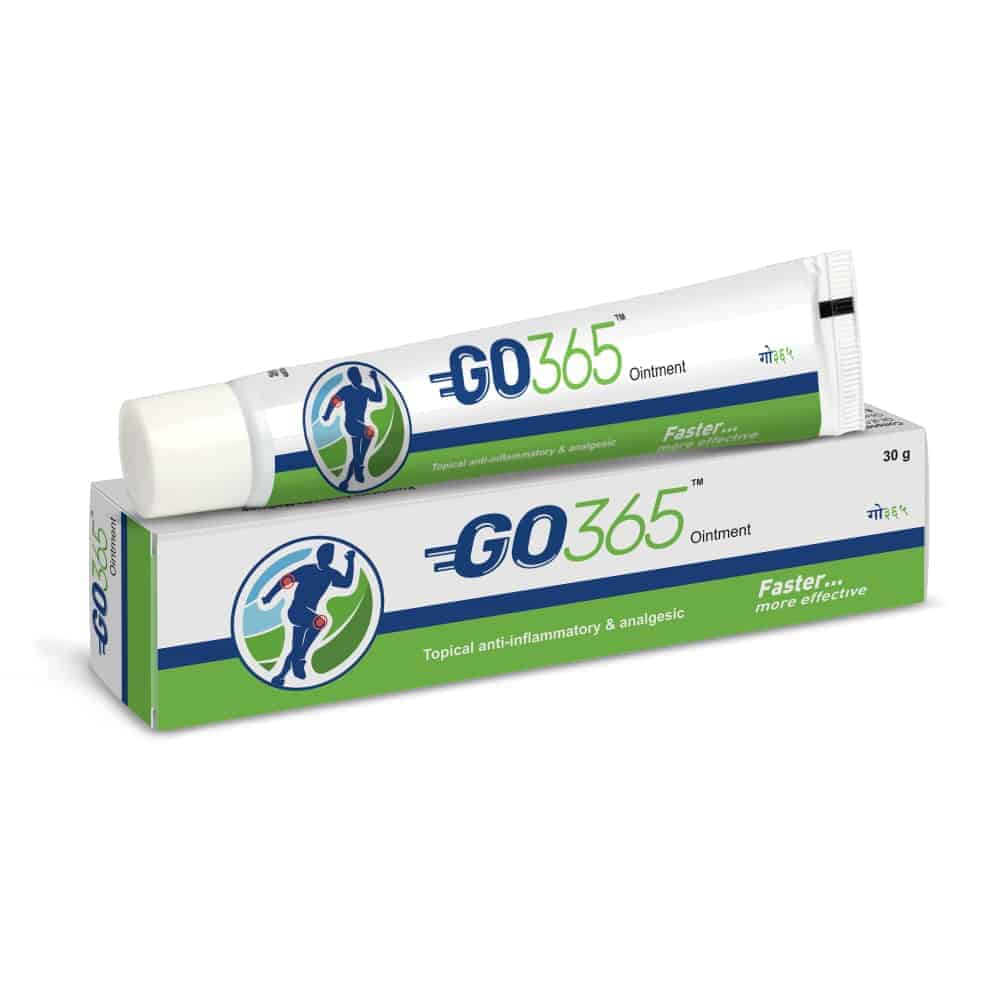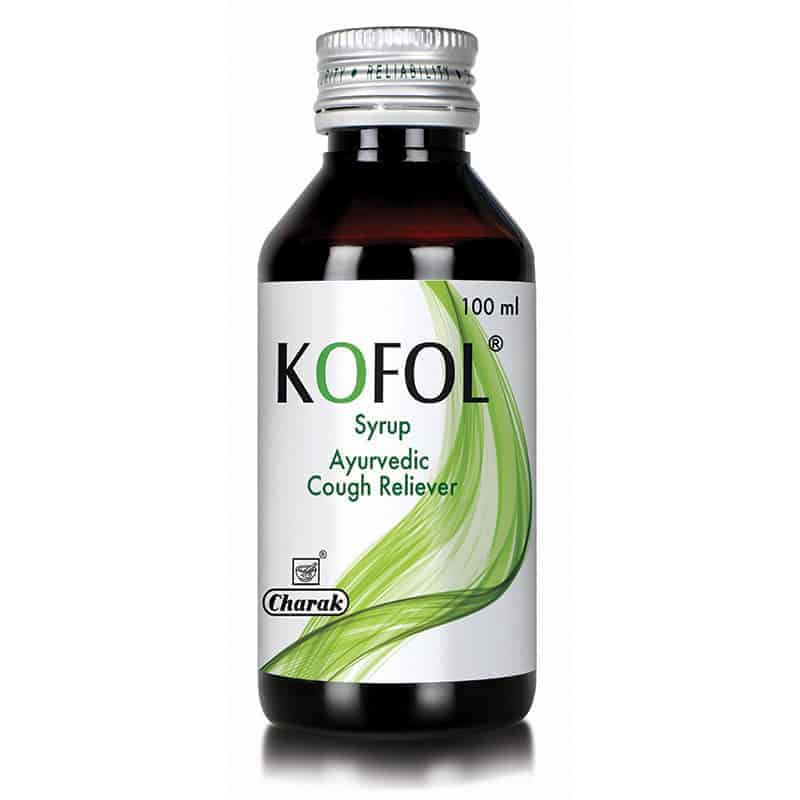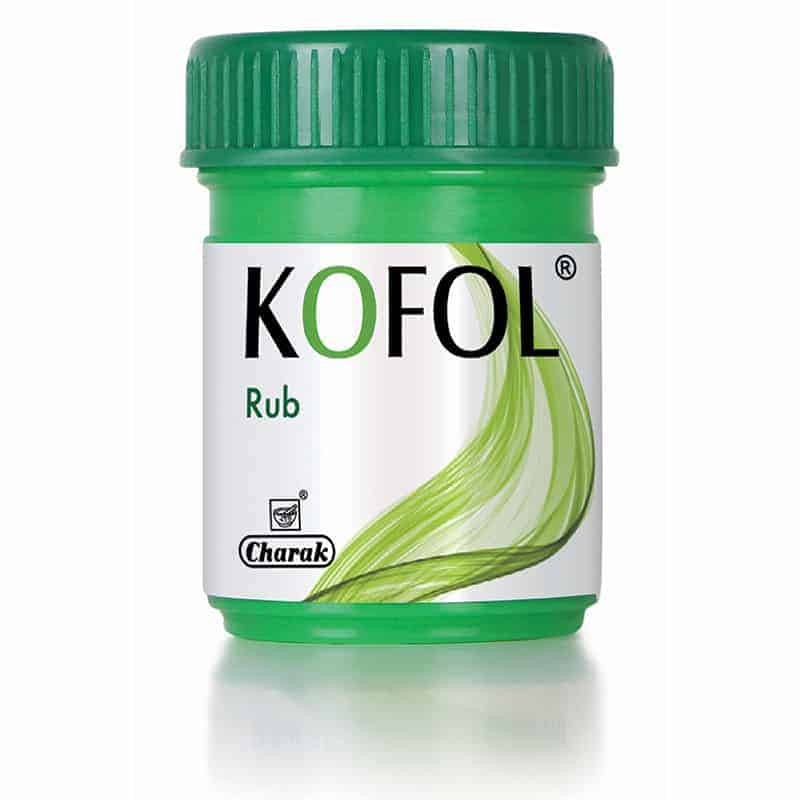Migraine, a severe form of headache affects around 10 to 20% of world population and 2/3rd of patients have never visited Doctor or have stopped doing so. As per WHO, Migraine is one of most disabling medical illness that compromises the quality of life. Migraine is more common in women than men (2:1 ratio).
- Understanding Migraine
Most of people think Migraine is only all about Headache but it’s not. Migraine is a neurological condition that can cause multiples symptoms other than just headache. These symptoms are sometimes very severe and debilitating. Migraine is not sudden headache; it comes with three or four phases.
Phase 1: It may start 12 to 36 hrs before actual headache starts. In this phase symptoms are_ Yawning, Excitation, Depression, Lethargy and Food Cravings. This phase lasts for few hours to few days
Phase 2) This phase called Aura and it is present in most of cases but not every case of Migraine. It is a warning/signalling before Headache. In this phase symptoms are_ Visual disturbances, Temporary loss of vision, and Difficulty in concentration. This phase last for short time may be from 15 to 20mins or even up to 60mins
Phase 3) This phase is dominated with Headache. Headache in Migraine is throbbing or drilling type and generally unilateral. Headache is associated with some symptoms like_ Nausea, Vomiting, Increased sensitivity for Light and Sound (Photophobia & Phonophobia), Sleeplessness (Insomnia), Depressed mood etc. This phase can last from few hours to few days (4 hours to 72 hours)
Phase 4) This is resolution phase that follows the Headache. Patients complain of symptoms like Fatigue, Severe exhaustion, Depression or Euphoria. This phase lasts for 1 or 2 days.
- Management of Migraine
Migraine management has two objectives_1) To abort / Stop Migraine attack and relieve symptoms immediately 2) To reduce orprevent Migraine attacks in future.
Lifestyle modification and Ayurveda can help us to achieve both of these objectives.
Lifestyle Modification
- Identify triggering factors and avoid them: Migraine is triggered by certain food and drinks. E.g. Processed Food, Aged Cheese, Chinese food that contains Ajinomoto or MSG, Alcohol, and Caffeine. Avoid Skipping meals.
- Sleep: When someone with migraine does not sleep well, it can trigger migraine. To avoid Migraine, consistent sleep schedule is important where Sleep hours (up to 7 to 8 hrs) and Sleeping time should be same every day.
- Exercise or Yoga: Many studies and researches have shown that daily Exercise or Yoga reduces severity of Migraine pain. These activities release certain chemicals in our body that not only reduces stress but also provide relief from pain.
- Stress: Stress is one of the important and common trigger for Migraine. Exercise, Yoga, Meditation or Breathing techniques can help to reduce stress. Reduction in stress reduces number of migraine attacks.
- Ayurveda in Migraine relief
Ayurveda has mentioned a condition that goes very close to what we call Migraine. Ayurveda considers two ways of therapies to manage this_
1) Nasya Karma 2) Oral Medication
Nasya Karma in Migraine: Ayurveda has recommended Nasya Karma i.e. Putting medicated oil in Nasal cavities. This helps to give faster relief from pain and discomfort in Migraine.
Oral Medication in Migraine: Ayurvedic herbs that specifically target blood vasculature of head and neck region are useful to reduce frequency of Migraine attacks.
Considering these both of the ways, Charak Pharma has Unique combination of Cephagraine Nasal Drops & Tablets. Cephagraine Nasal Drops contain Herbs like Jambeeram ,Erand Mool, Yashtimadhu and Shunthi .Cephagraine drops with these herbs help to relieve intensity of headache. Cephagraine Tablets contain herbs like Pippali mool, Arka phool, Godanti & many other herbs that work on nervous system and blood vasculature. This combination therapy (i.e Nasal and Oral) in Migraine works excellent to reduce frequency and severity of Migraine. 2 Drops are instilled three times in a day while 2 tablets are given two times a day for 3 to 4 months in Migraine Patients. It is always advisable to consult your physician for an opinion.







